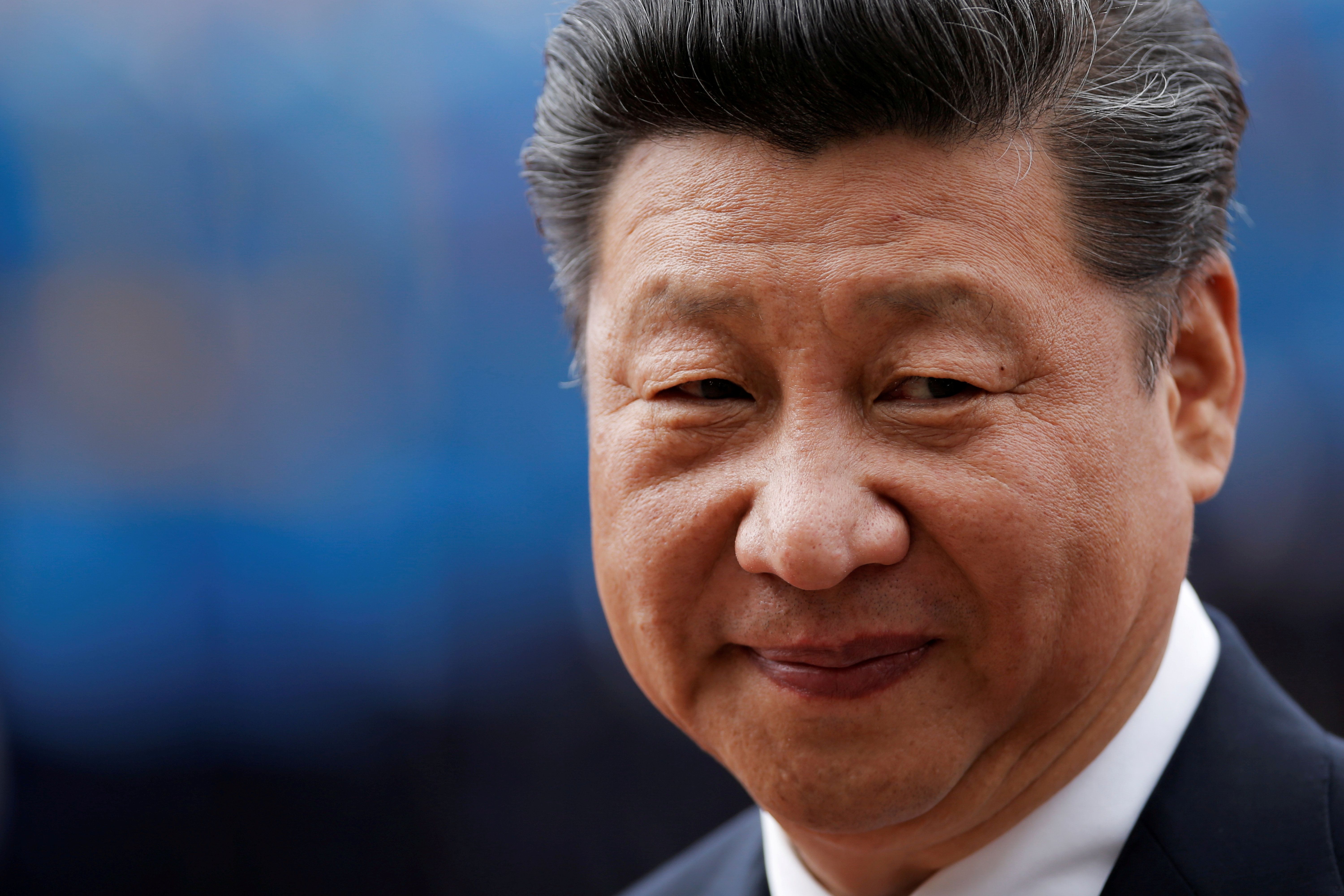April 25, 2019
Delegations from around the world have traveled to Beijing this week for a forum promoting China's Belt and Road Initiative (BRI), a trillion-dollar Chinese grand plan to build new roads, rails, ports and telecom networks around the world. The plan aims to recreate ancient trading routes between Asia, the Middle East, and Europe, but also to tighten China's more recent ties with countries in Sub-Saharan Africa and Latin America.
The positive: Countries that sign up get urgently-needed infrastructure upgrades, boosting regional and global trade. For China, BRI will expand Beijing's international commercial and political influence.
The scale of the project is enormous – in today's dollars, it's roughly ten times what the US spent on the Marshall Plan to rebuild post-war Europe. About 80 countries have already joined, and dozens more are flirting with the idea. For a world that badly needs more and better infrastructure, Belt and Road is a good thing.
The negative: Critics of the plan warn that China is setting a debt trap by allowing developing countries to accept loans they can't pay back. Default could then enable Beijing to seize assets – as it's already done on a handful of occasions – or exert political pressure on cash-strapped governments.
This critique doesn't just come from the US, which increasingly sees China as a commercial and strategic rival. The governments of Malaysia, Pakistan, and Sri Lanka have each raised this concern in recent months. Chinese officials say this threat is greatly exaggerated but have pledged during this week's forum to take steps to minimize the risk of defaults.
Read more: BRI is opening up a new fault line in Europe
More For You
Global conflict was at a record high in 2025, will 2026 be more peaceful? Ian Bremmer talks with CNN’s Clarissa Ward and Comfort Ero of the International Crisis Group on the GZERO World Podcast.
Most Popular
Think you know what's going on around the world? Here's your chance to prove it.
Indian Prime Minister Narendra Modi isn’t necessarily known as the greatest friend of Muslim people, yet his own government is now seeking to build bridges with Afghanistan’s Islamist leaders, the Taliban.
French President Emmanuel Macron, German Chancellor Friedrich Merz, Ukrainian President Volodymyr Zelenskiy, U.S. Special Envoy Steve Witkoff and businessman Jared Kushner, along with NATO Secretary-General Mark Rutte and otherEuropean leaders, pose for a group photo at the Chancellery in Berlin, Germany, December 15, 2025.
Kay Nietfeld/Pool via REUTERS
The European Union just pulled off something that, a year ago, seemed politically impossible: it froze $247 billion in Russian central bank assets indefinitely, stripping the Kremlin of one of its most reliable pressure points.
© 2025 GZERO Media. All Rights Reserved | A Eurasia Group media company.
